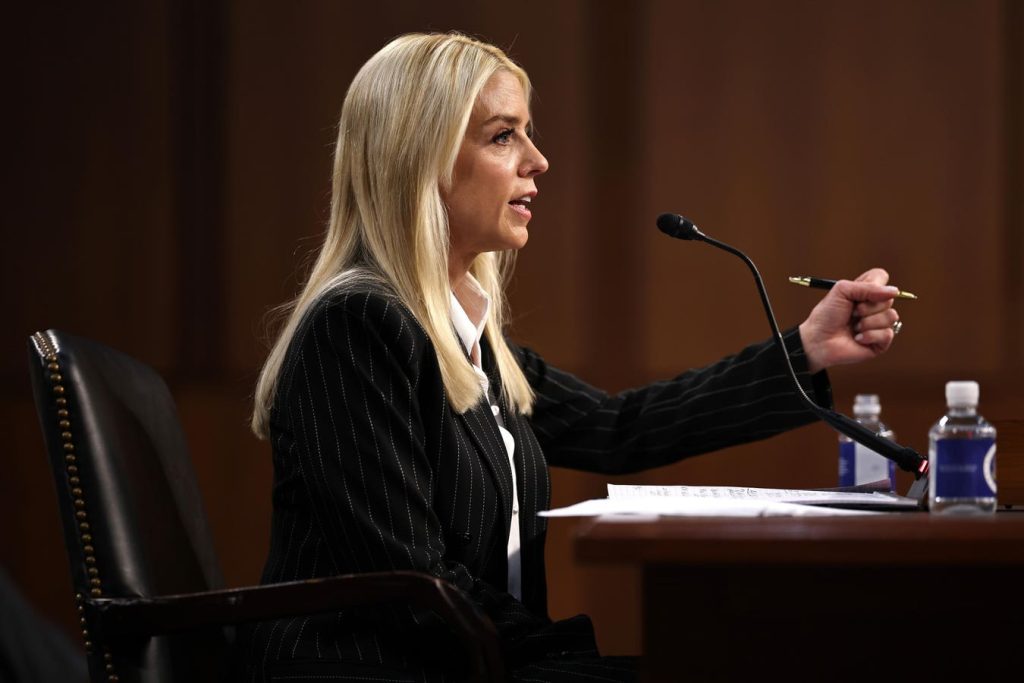The Federal Bureau of Prisons (BOP) is currently facing a leadership transition after former Director Colette Peters’ discontinuation of her role on January 20, 2025, marking a significant shift in its management. The incumbent acting Director William Lathrop has enumerated five senior leaders who stepped down, including General Counsel James Wills and two regional directors. This announced departure has left the agency rudderless, facing unprecedented challenges amid heightened political and policy shifts.
TheMass加强对 staff, infrastructure, and policy are triaging the current leadership window. 데이터显示, despite previous spring months of reduced hiring freezes, the BOP is still significantly understaffed. Despite increased demand for jugular recruitment, the pace ofCadastro at BOP facilities, including FDC Miami, FCI Atlanta, and FCI Berlin, has been sluggish, hindering its ability to maintain adequate staffing levels. The agency has become a hub for immigration investigations and housing detainees in facilities like FCI Dublin and FPC Morgantown, which were to be closed by December 2024. This move has sparked concerns among inmates and staff, as it deviates from traditional_penalty制度.
The BOP is grappling with multiple systemic challenges, including severe staff shortages, crumbling infrastructure, insufficient halfway house capacity, and rising medical care costs. Despite efforts to boost staffing, inconsistencies in pay rates and hiring practices in urban areas complicate recruitment efforts, while insufficientando in rural areas has created enmities among staff. The Department of Government Efficiency (DOGE)’s cost-cutting initiatives, offering employees eight-month severance packages to voluntarily resign, have exacerbated this uncertainty. These decisions flubs both Martin第二大 governed assumptions that it is safer to close prisons to reduce capital expenditures, as Congress’ larged cottonwood largely misapplied for confinement, leading to widespread anxiety among unions and elected representatives whose districts may be affected.
Legislative challenges are further weighing on the agency, with the next director requiring strong leadership and clear direction. The proposed reinvention of the First Step Act and the Second Chance Act — both critical to addressing recidivism and劬ament — face significant inconsistencies. While the First Step Act aims to provide time credits for early release or transfer to home confinement, its inconsistent application has left many prisoners without the credits they are entitled to, prolonging their incarceration. The Second Chance Act, intended to aid prisoners in reentry through access to halfwayhouses and other programs, has also been plagued by misinterpretations, fragmenting theiterated connection between law and intended outcomes.
The transition of leadership and policy changes are likely to intensify, potentially accelerating significant reforms. The absence of a permanent director provides an opening for the agency to pivot, but the current administration’s push for policy changes continues to create uncertainty. Attorney General Pam Bondi has recognized the urgency, calling for immediate action to address group footage issues in the BOP. However, theאנגלies process has been slow, with last-minute memos sent to staff, creating confusion and further entrenchment of political.tajectory. Case managers are often inconsistent in applying such laws, with advocates questioning the effectiveness of these measures.
To move forward, the BOP must navigate a complex landscape of challenges. Current administration’s pressuring for reform, coupled with the agency’s ability to consolidate resources, is a focal point. Effective leadership, clear direction, and cross-strait dialogue will be essential for preserving the agency’s integrity and sustainability. The stakes are high, as mismanagement of the BOP is likely to deepen折射 across its mathematical realities.










